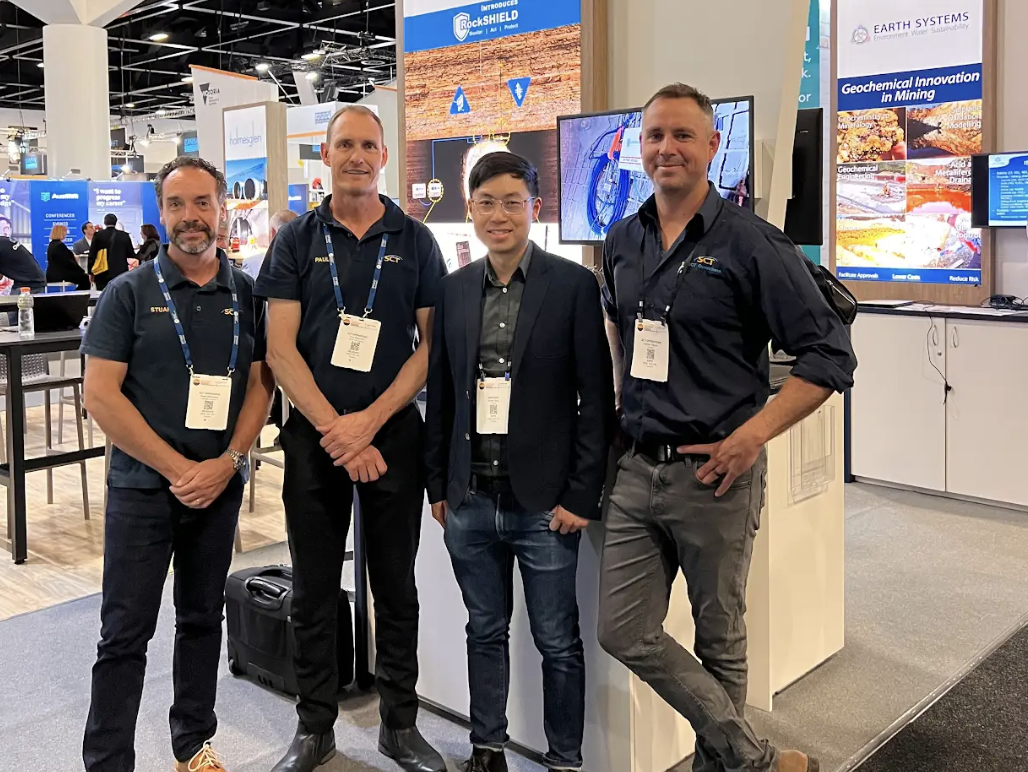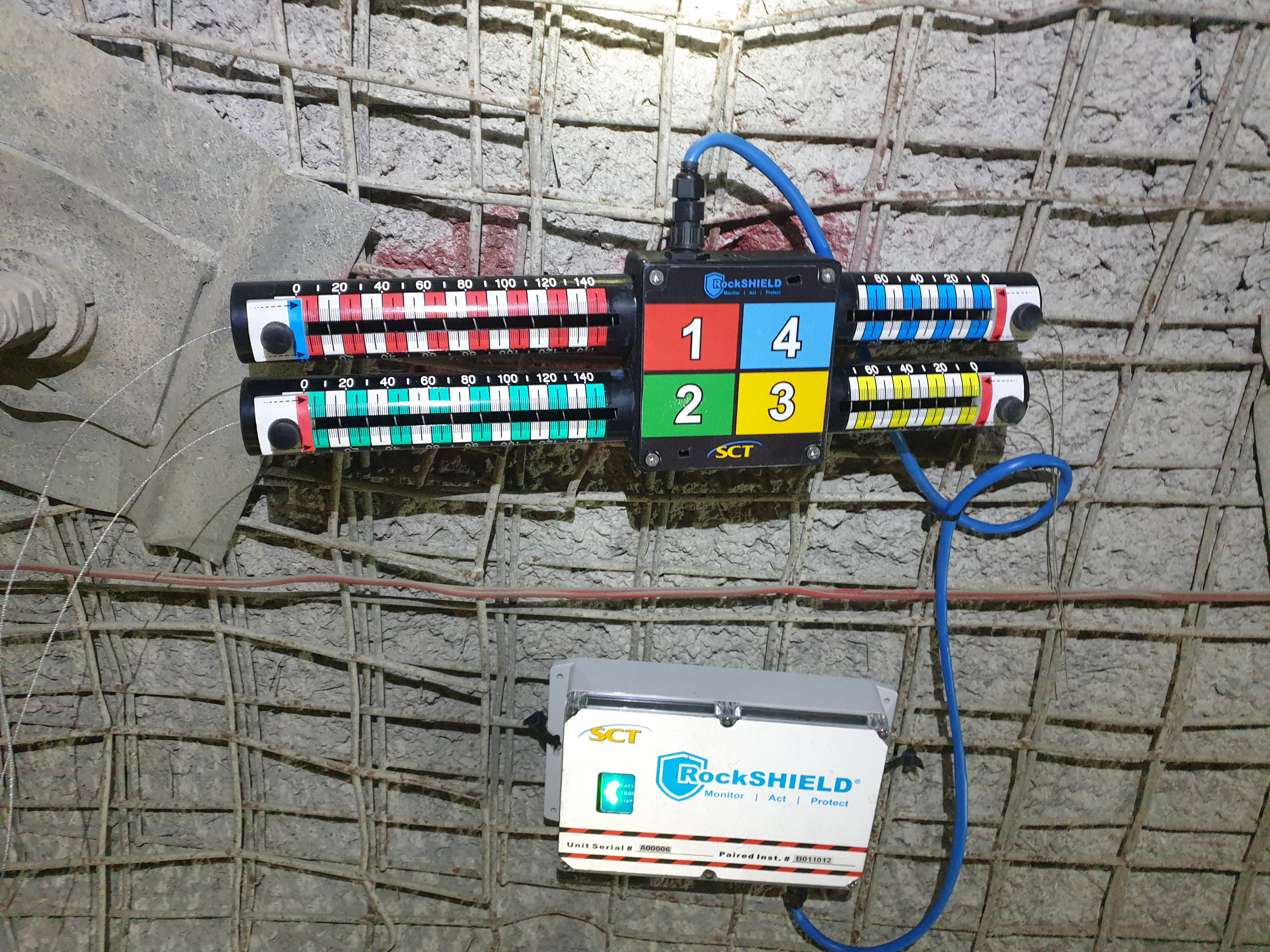Building bespoke innovations that address the needs of the future is the driving force behind the unique tech consultancy QSSTUDIO.
With global venture capital funding forecast by EY to reach $12 billion this year for generative AI startups alone, the ability to bring ideas to life requires the right combination of technology and understanding of the app creation process.
Led by Robin Tang, QSSTUDIO is a bespoke app and web platform development consultancy that provides professional digital expertise to dozens of small businesses, digital agencies, and startups in Australia and abroad.
The flexibility of MongoDB Atlas, an integrated suite of data services, gives QSSTUDIO an instant launch pad for new ideas, allowing the team to easily spin-up new solutions and prototypes for clients. From skincare AI, to mining safety tools, and the petrol price tracking app ServoTrack, the team’s technological expertise combines with an understanding of data to bring these new ideas to market.
QSSTUDIO has been able to keep its development team small, in part by using MongoDB Atlas Cluster, a NoSQL Database-as-a-Service in the cloud, which enables the team to easily test proof-of-concept designs and then migrate successful apps to Atlas without the need to reprovision the product.
“We build bespoke solutions, and the flexibility and scalability of MongoDB Atlas has made it so much easier for us to quickly innovate and iterate, from concept inception to deployment,” Tang says.
Tracking the ups and downs of Australia’s petrol prices
With petrol prices soaring past AU$2.50/L, the ServoTrack app, founded by Robin Tang, is one of the best ways Australians can look for lower prices as they fluctuate during the week. Almost all of Australia’s state governments now supply unstructured data sources of real-time petrol price information.
Tang wanted to create an app that allowed regular people to set alerts and be notified in real time of rises and falls in price. MongoDB Atlas provides the perfect solution to broadcast the data from these reputable sources.
“The flexible data structure of MongoDB allows us to use different data schemas for data from different states. With geospatial indexing as well as Atlas Search Indexing, it provides a speedy way to allow users to find their target service station,” Tang says.
“Atlas and MongoDB App services provide a few additional benefits for ServoTrack,” he added. “As expected for any cloud provider, the ability to scale whilst retaining automated backups means I could develop without worrying too much about our infrastructure.”
Tang can leverage built-in features such as authentication, which allows users to sign in and store app preferences no matter how many devices they owned, whether it is on Android or iOS, as well as provide updates to users.
“We use MongoDB Atlas to enable triggers on price changes at set service stations or general locations depending on the data available. This has helped to alert thousands of users of pending price increases, allowing them to save hundreds of dollars per year,” Tang says.
RockShield: an innovative solution for miner safety


QSSTUDIO created RockSHIELD software that has gone into the smart geotechnical instrumentation solutions delivered by SCT Operations. Recently, the underground mining and civil tunneling industry has undergone a digital transformation, with geotechnical instrumentation evolving from analogue to digital, resulting in more accurate field data that is accessed more frequently.
Mining is an inherently high-risk operation, so it was essential to use this improved monitoring data to detect rock movement early and maintain a safer working environment for miners.
Using MongoDB, Tang and his team created RockSHIELD’s software, which uses sensors to maintain mine safety by detecting the slightest movement in rocks.
“We took the data on displacement, rotation, and angles from the rock sensors and put it into the MongoDB database which can handle flexible data sets,” Tang said.
“Using MongoDB, we have the flexibility to store and receive data from a variety of sensors in different formats. The moment the numbers hit a threshold, the dashboard receives a notification that there is an issue.
“The clients adopting this solution are very security conscious, and MongoDB’s security features make it attractive for our clients,” Tang says.
“Our use of x.509 certificates for authentication, TLS/SSL communication, and Role Based Access Control let us create a hierarchy of access suitable for SCT Operations as well as RockSHIELD’s clients.”
It was important to the team to create a system that works and is sustainable in the long-term to improve and maintain as high safety standards as possible.
If you want to level-up your organization’s innovation, or you’re a startup looking to build proof of concept, it’s easy to get started with MongoDB Atlas today.